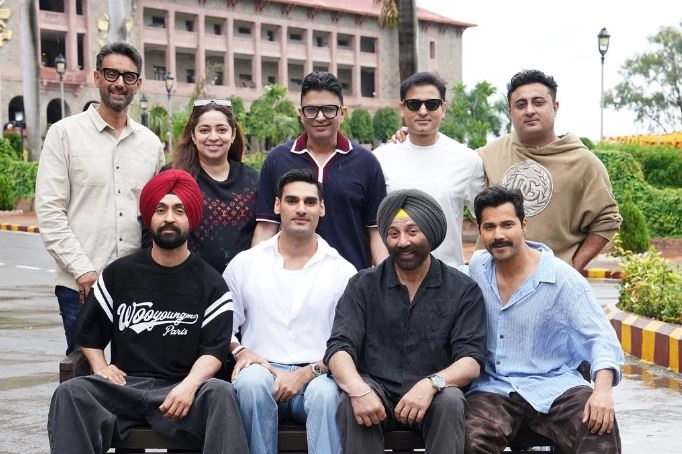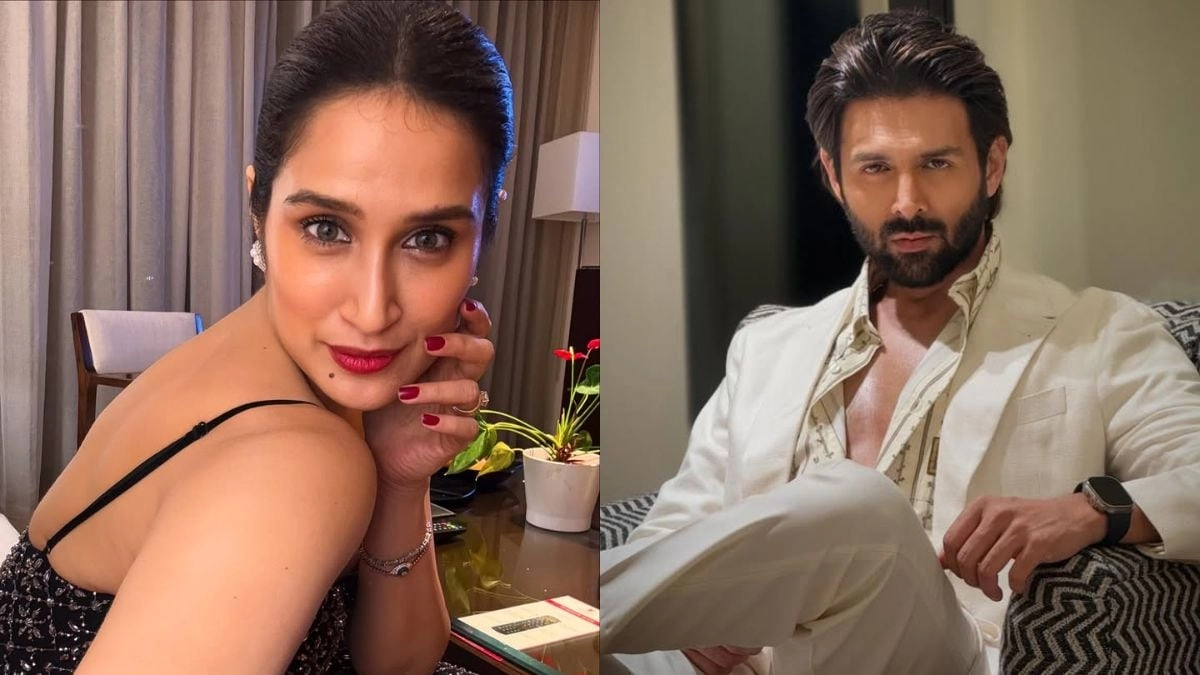Film Body Writes Open Letter To Border 2 Makers About Diljit Dosanjh’s Casting: “Deeply Disappointed”
The film industry is often a melting pot of emotions, creativity, and sometimes, controversy. Recently, a notable film body expressed its profound disappointment regarding the casting choice of actor Diljit Dosanjh in the upcoming film “Border 2.” In an open letter addressed to the filmmakers, they articulated their concerns about how this decision could impact the film’s authenticity and the broader representation of cultural narratives in cinema. This letter not only highlights the importance of thoughtful casting but also reflects the sentiments of many within the industry who feel passionately about the portrayal of significant historical events.
The original “Border,” released in 1997, is a war film that holds a special place in the hearts of Indian audiences, depicting the heroism of soldiers during the Indo-Pakistani War of 1971. Given the film’s historical significance, the casting choices for its sequel are under heightened scrutiny. The film body argues that the portrayal of such pivotal moments in history demands actors who can bring authenticity and depth to their roles, thereby honoring the sacrifices made by those involved. They contend that casting decisions should not merely be based on an actor’s popularity or commercial viability but rather on their ability to resonate with the film’s subject matter.
Diljit Dosanjh, while a talented and beloved figure in the Punjabi film industry, has drawn mixed reactions from audiences regarding his fit for this particular role. Supporters praise his charisma and acting skills, while critics argue that his casting could detract from the film’s intended emotional impact. The film body’s letter encapsulates these concerns, emphasizing the need for filmmakers to consider the cultural implications of their choices. As the discourse around this casting decision continues, it serves as a reminder of the responsibility that filmmakers hold in shaping narratives that reflect the complexities of history and identity.
In the age of social media, such open letters can quickly amplify voices within the industry, leading to broader discussions about representation and authenticity in film. As the release of “Border 2” approaches, it will be interesting to see how the filmmakers respond to these concerns and whether they will address the apprehensions expressed by the film body. Ultimately, the casting of Diljit Dosanjh presents an opportunity for reflection on how films can both entertain and educate, ensuring that they honor the history they aim to portray while remaining true to the cultural narratives that shape our understanding of the past.




